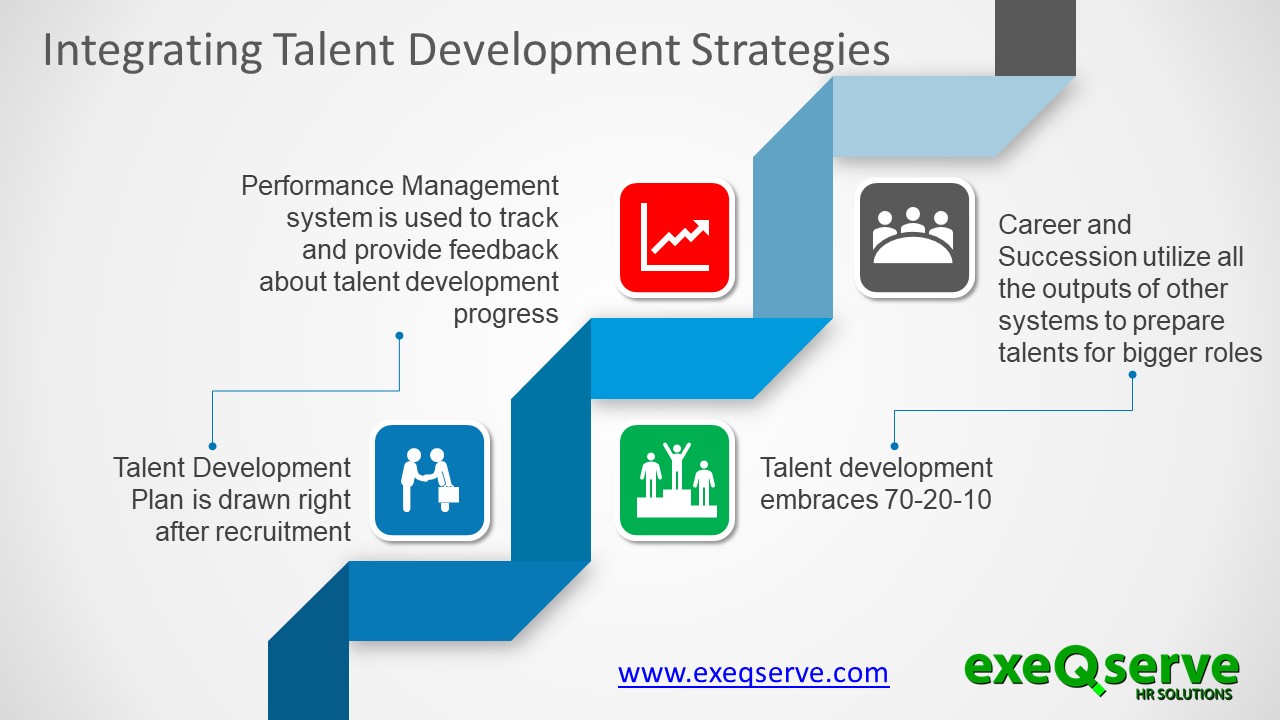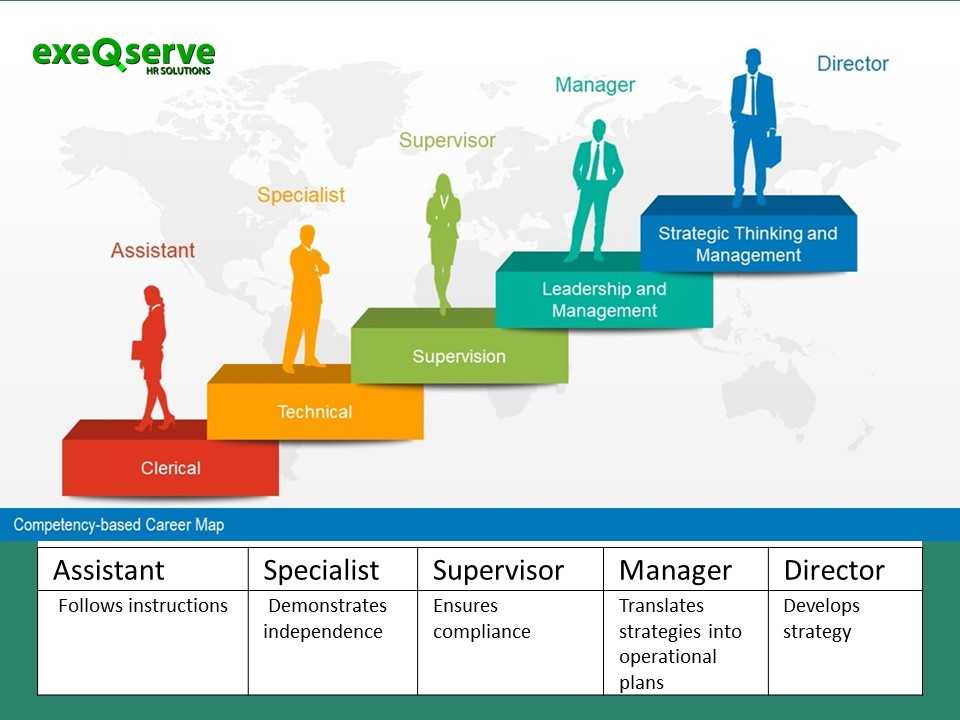What do recruitment, career and succession management, training, and performance management have in common aside from they seem to all be associated with HR? The answer, they are a set of powerful talent development tools if used well.
I believe it’s time Training Departments rethink their strategy. There is a system that’s broken, and it needs repair, no, overhaul. On many occasions, we see training departments serving as order-takers and fulfillers of training requests rather than primarily responsible for strategically developing the people’s full potential to contribute to organizational strategy. We need to stop measuring the success of this department in terms of the number of sessions conducted and how happy the participants are about the training and start focusing on result. By result I mean enhanced capability and performance improvement.
It won’t be fair, however, to expect the Training department to deliver improved performance if the scope of its responsibility and power to affect performance is limited. It’s time to broaden the scope of their responsibilities and give them the full responsibility of developing talents from the onset up the employees’ full potential not just through training but by using a whole range of development tools. Here are my recommendations together with links to how ExeQserve can help you in your journey:
Competency Development
I believe that integrated talent development system should be resting on a solid framework. It is important for HR professionals to learn competency mapping, position and talent profiling, and assessing competencies so that they can identify what’s already there and what needs improving.
Recruitment
Recruitment as the start of talent development. Having clear organizational competency model, it will be easier to determine which ones are required before hiring decision is made and which one’s can be developed if potentials are there. A good competency-based assessment system should help us determine gaps and provide career development road map right at the onset.
Career Pathing
Career-pathing starts at the onset. If the person who used to oversee training is now responsible for talent development, he/she will now have a vast means of developing talents. When the career path is set, learning and development initiatives are more tailor-fitted, but not only that. The talent development manager will now be more fully empowered to engage in all the 10-20-70 of it.
Learning and Development
 An integrated talent development system provides for a more focused and strategic learning and development program. When the Training Department is converted into a talent development department, it paves the way for tying in organizational, performance, functional development needs. When learning objectives and interventions are identified and designed to address current and future performance gaps, and when there is a compelling need to apply learning in the workplace, the effectiveness of the intervention increases dramatically. Training Managers or future Talent Development Managers need to be more accountable. They need to be better business partners to their line counterparts. I believe taking the courage to enlarge their scope is the right thing to do.
An integrated talent development system provides for a more focused and strategic learning and development program. When the Training Department is converted into a talent development department, it paves the way for tying in organizational, performance, functional development needs. When learning objectives and interventions are identified and designed to address current and future performance gaps, and when there is a compelling need to apply learning in the workplace, the effectiveness of the intervention increases dramatically. Training Managers or future Talent Development Managers need to be more accountable. They need to be better business partners to their line counterparts. I believe taking the courage to enlarge their scope is the right thing to do.
Performance Management
Performance Management implementation and administration is often separate from training and development. It is often handled by a different person or very seldom used as a tool for a concerted developmental effort. Embracing a talent development framework that connects recruitment, training, and performance management, among others will use this very powerful tool if wielded properly to align development efforts that can lead to performance improvement – the true reason why we have a performance management system in the first place.
Succession Management
Succession Management is one side of a coin, career development is the other. A good talent development strategy should lead to a deeper pool of talent.
 Culture building is an essential ingredient in talent development. Without a culture of learning, without having all the leaders of the organization having the sense of ownership to do their part in talent development, this can easily swiftly become irrelevant and waste people’s time. I believe that if organizations are to succeed in transitioning to talent development, those who champion this should offer solution in how to build the necessary culture that will make talent development thrive.
Culture building is an essential ingredient in talent development. Without a culture of learning, without having all the leaders of the organization having the sense of ownership to do their part in talent development, this can easily swiftly become irrelevant and waste people’s time. I believe that if organizations are to succeed in transitioning to talent development, those who champion this should offer solution in how to build the necessary culture that will make talent development thrive.
At exeQserve, we subscribe to the concept of Talent Development. We believe we can be of great help in guiding you through the process of establishing your company’s talent development strategy. Talk to us.








